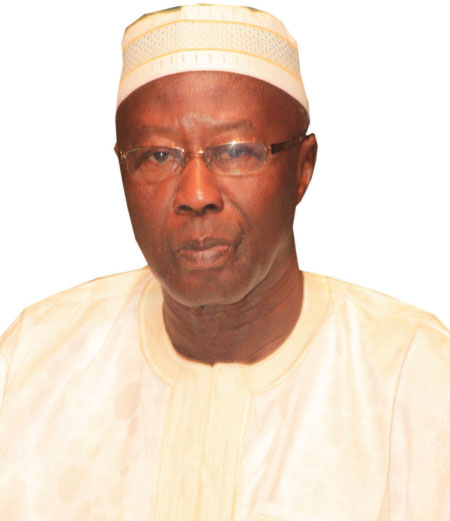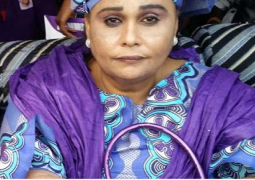
The people of Central River Region south, in collaboration with the technical advisory committee, on 22 May 2012 witnessed the regional launching of Community-based Infrastructure and Livelihood Improvement Project (CILIP).
The project is a four-year work with the objective of empowering the beneficiary communities and improving their livelihood and welfare through financing demand-driven community infrastructure and livelihood activities, developing, strengthening and synergizing pro-poor local institutions/groups and enhancing skills and capacities for the poor, especially the vulnerable groups including women and groups at risk.
In his official launching remarks, Lamin Waa Juwara, Minister of Local Government and Lands, said the Government of The Gambia is committed to the plight of the rural and Peri -urban communities, especially the poor and vulnerable groups.
Over the years, government has formulated several policy blueprints such as the Vision 2020, the PRSPI, PRSPII and now the PAGE with the overall aim of reducing poverty and enhancing growth and employment, particularly among the youths, women and other vulnerable groups in society.
According to him, in an effort to meet these development objectives, government has been very steadfast under the leadership of President Jammeh in not only committing national resources but also engaging development partners in the funding development projects to address key poverty issues.
“In pursuance of the above, the Gambia Government, in addition to its other programmes, requested the Islamic Development Bank to support the financing of the CILIP project to be implemented through a demand-driven development approach,” he added.
To him, the ministry is of the firm conviction that demand-driven approaches are better ways to empower the communities and allow them to take their destiny in their own hands, thus the CILIP is another testimony of government’s confidence in the abilities of the communities to contribute positively to poverty reduction.
Mr. Juwara further stated that the CILIP project is government and Islamic Development Bank financed project to the tune of USD18.02 million, with the objective of increasing access, ownership and maintenance of socio-economic infrastructure and livelihood community projects in selected rural and peri -urban areas.
“As a community demand-driven project I urge all stakeholders, particularly the local government councils and participating beneficiary communities to take ownership and maintenance of the investment that will be identified and implemented by the local people,” he added.
Speaking on behalf of the director general, Sarjo Jah, finance and admin director, said the
The CILIP project is a four-year project that has five components, which initially targeted 200 settlements and it is anticipated that at least 78 households will benefit directly from the project and this project will cover all the 6 local councils and the 2 municipalities with focus on the per-urban areas.
He noted that the project has five components, namely community infrastructure facility, livelihood improvement fund, institutional development, project implementation support and consultancy services.
This aims to support the
Alhagie Malang Saibo Camara, the deputy governor of CRR, speaking on behalf of the governor, spoke at length on the importance of the event.
He said the CILIP project is a new project that has come to empower rural communities in alleviating poverty through community-led projects.
He welcomed the coming of the project in the region and urged the officials on the ground to ensure that the project achieves its targeted desires.




